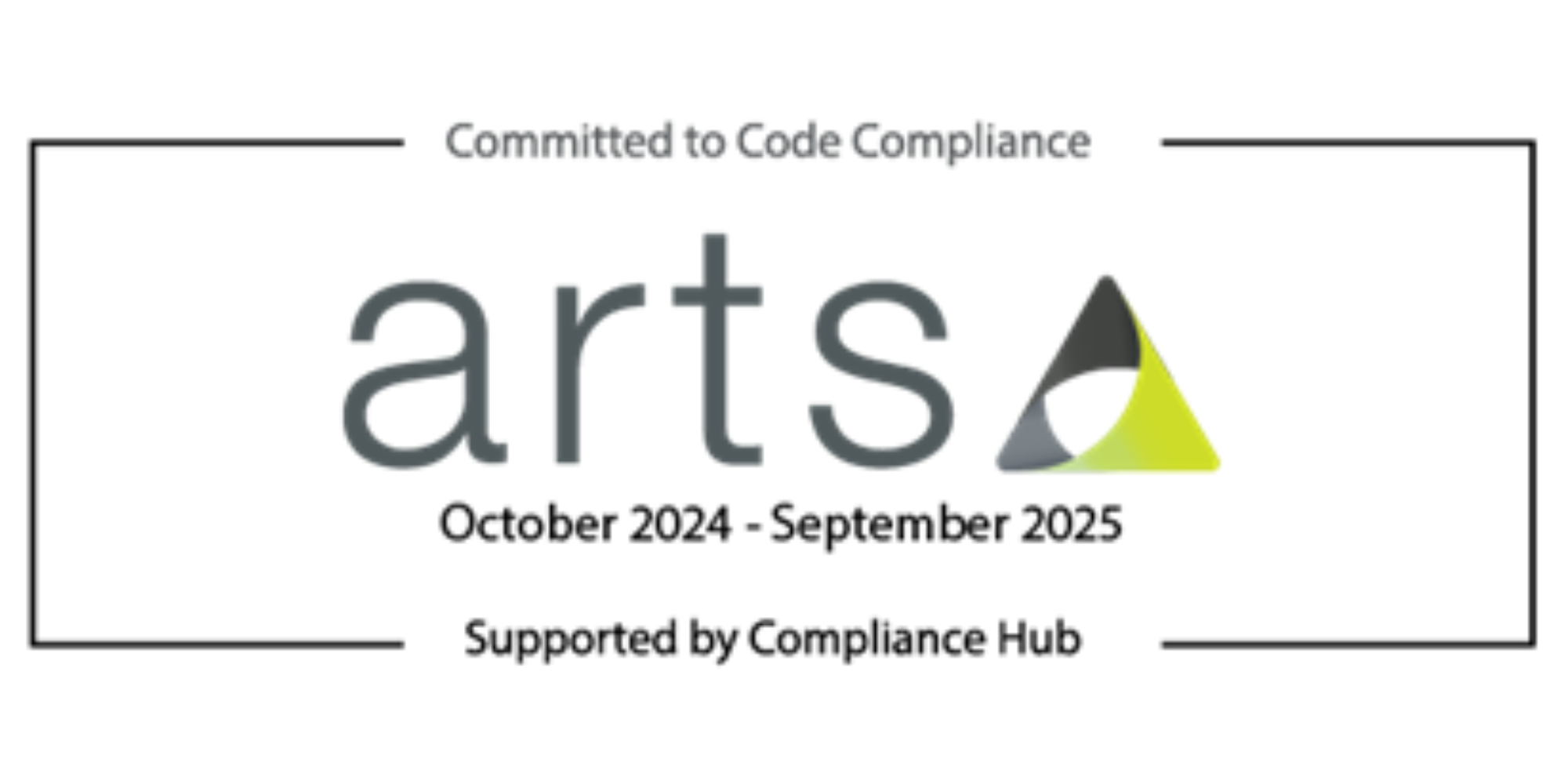Clinical Pharmacy Congress North is sponsored by the pharmaceutical and med tech industries via Grants, Sponsorship, and Exhibition packages. Pharmaceutical companies have solely provided sponsorship through the purchase of exhibition space and/or sponsored speaker sessions with no further input into the arrangements or agenda of the meeting. Sessions delivered with input from our sponsors will always be marked on the programme.
Clinical Pharmacy Congress North conference programme is brought to you by CloserStill Media Limited (Organisers of the event), in association with our partners and sponsors. The views and opinions of the speakers are not necessarily those of CloserStill Media Limited or of our partners and sponsors.


 London
London


